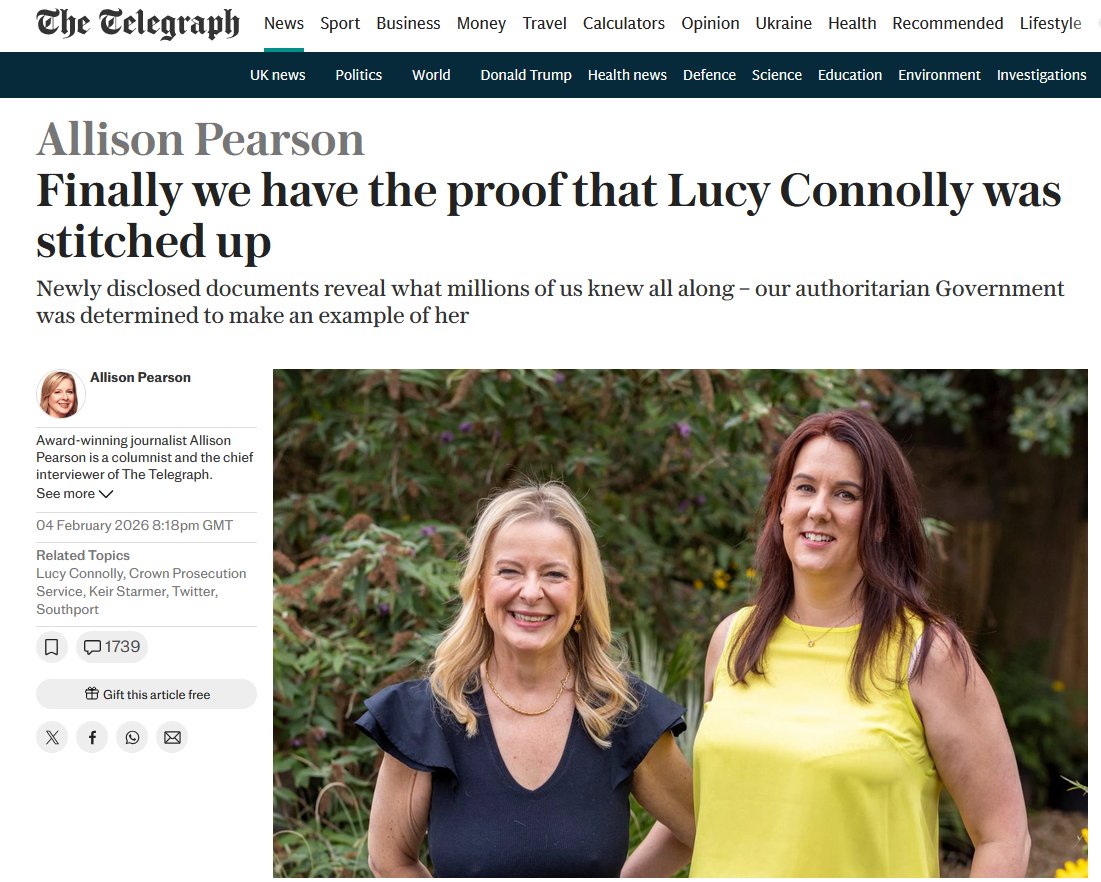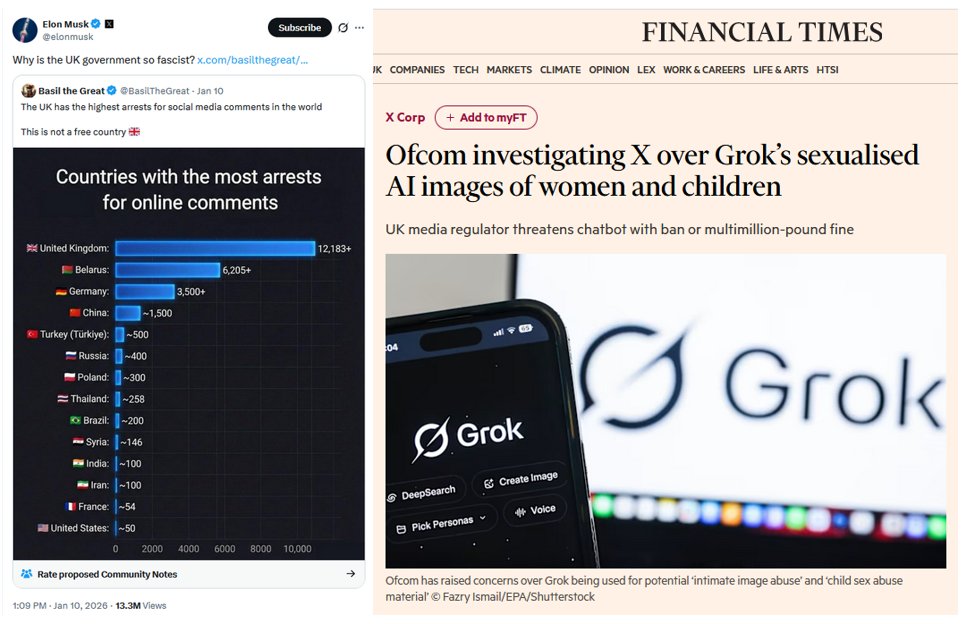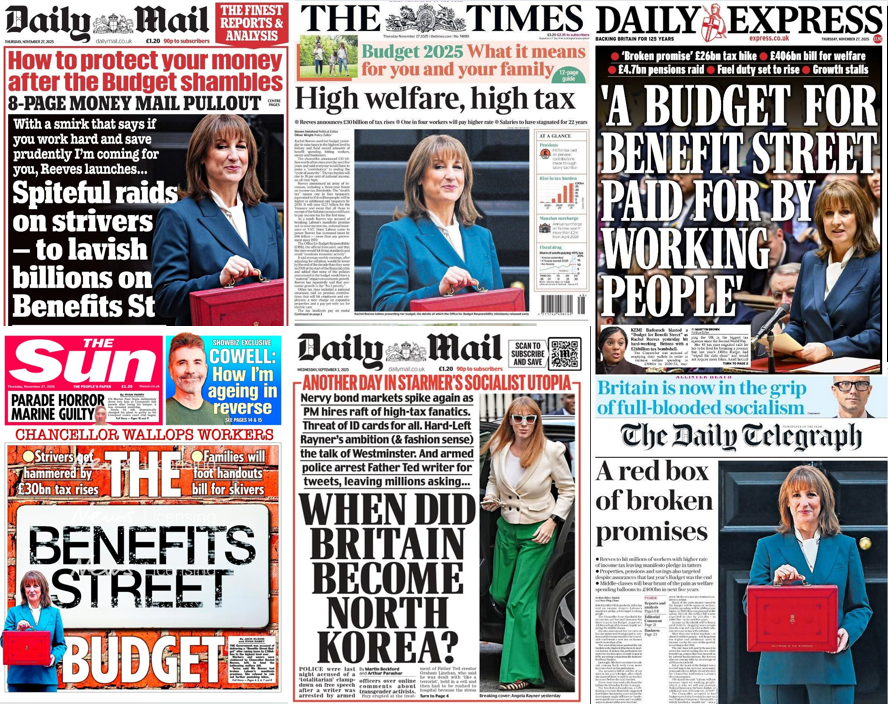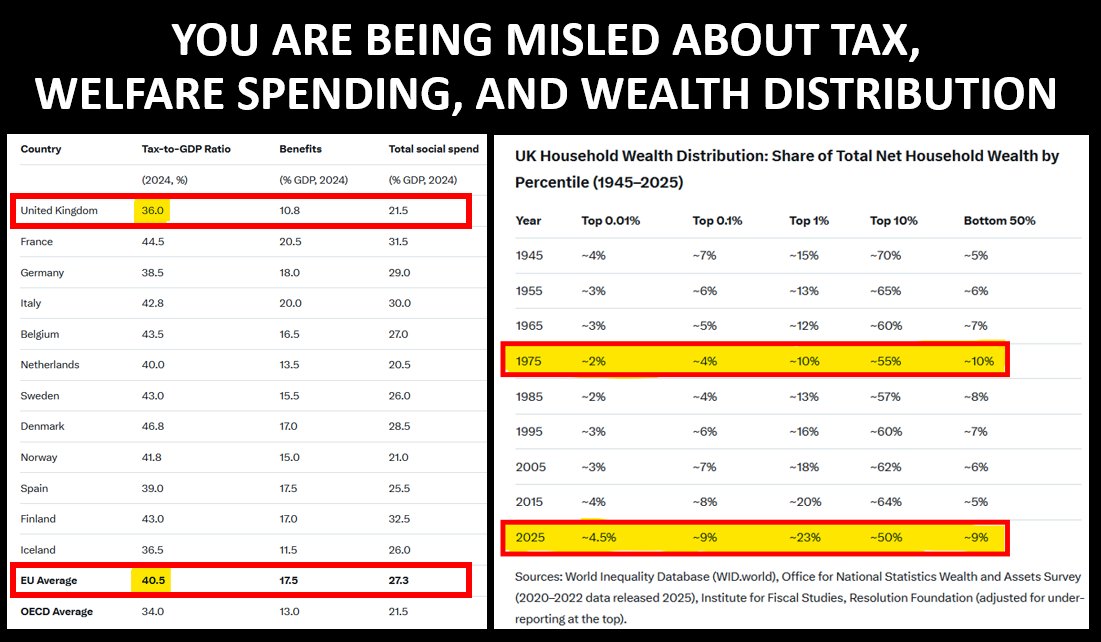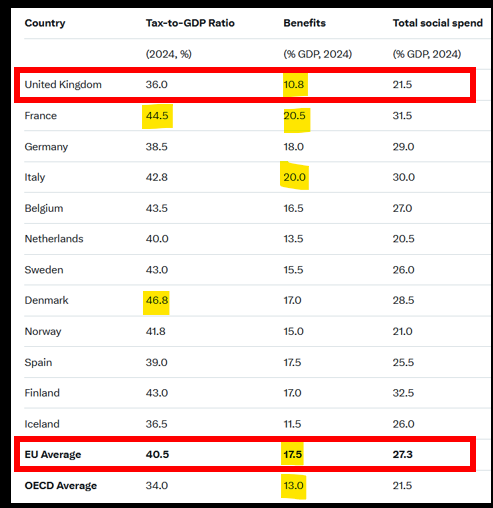#THREAD
Britain's most influential people are more than five times more likely to have been to a private, fee-paying school than the general population, despite just 7% of UK people being privately educated. 1,300 private schools enjoy charitable status.
theconversation.com/the-public-cos…
Britain's most influential people are more than five times more likely to have been to a private, fee-paying school than the general population, despite just 7% of UK people being privately educated. 1,300 private schools enjoy charitable status.
theconversation.com/the-public-cos…
There are many reasons for this extraordinary dominance of private schools in our society, but one that is not well understood is how many of these schools – including the most prestigious such as #Eton – benefit from substantial tax advantages as a result of 'charitable' status. 

It's not possible to state with certainty how much the UK’s charitable private schools save through tax exemptions, but it's thought to be around £3 billion a year. This equates to more than 6% of England’s total state school budget (£47.6 billion) in 2020-2021. 

Meanwhile, the Public Accounts Committee reported in March that tight education budgets means many state schools in England are narrowing their curriculum offerings, dropping subjects, cutting staff & reducing support for pupils with special educational needs & disabilities. 

Any attempts to effect change will inevitably be met with significant pushback.
Over at least two centuries, the UK’s private schools have successfully mobilised charity & tax law to their advantage. Yet this exercise of power is effectively invisible to wider public.
Over at least two centuries, the UK’s private schools have successfully mobilised charity & tax law to their advantage. Yet this exercise of power is effectively invisible to wider public.

The complexity of legal linguistics & processes, the pseudo-objectivity of the law, & the failure of parliament to make public expenditure on private education a matter of regular debate & accountability means informed debate is largely absent, & all but impossible. 
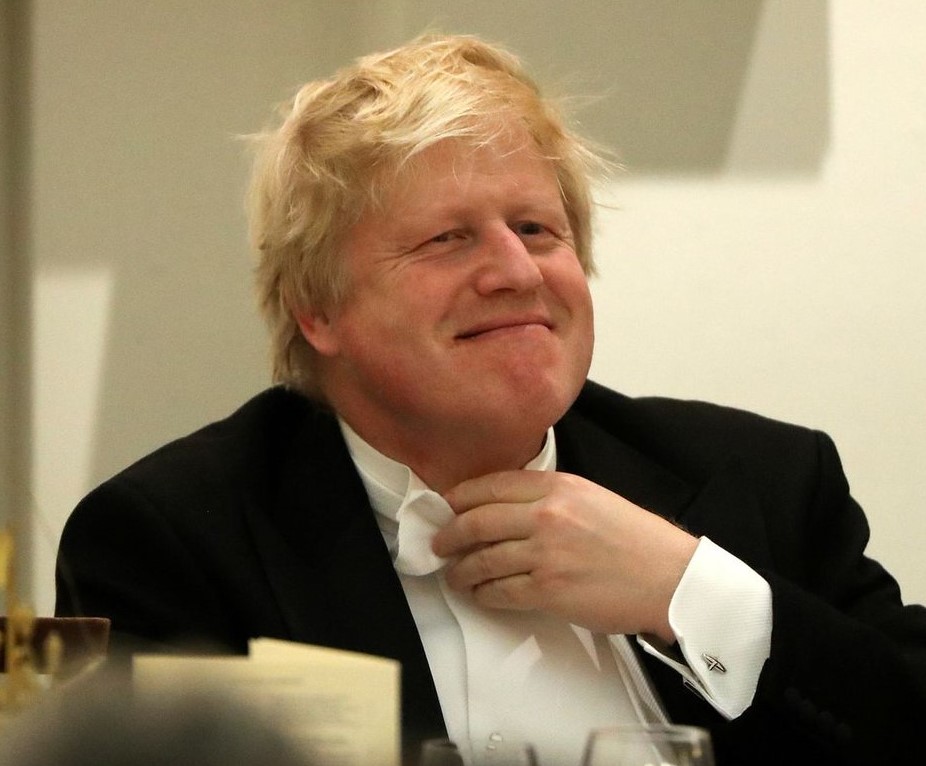
Given the intellectual, cultural & social advantages bestowed on the children of grotesquely wealthy parents, accruing to private school pupils through facilities, curriculum, & extracurricular activities, what kind of people do places like #Eton produce?
https://twitter.com/docrussjackson/status/1383739048271908866?s=20&t=ZATGl19QJaxIPbj3QhoXng
• • •
Missing some Tweet in this thread? You can try to
force a refresh


